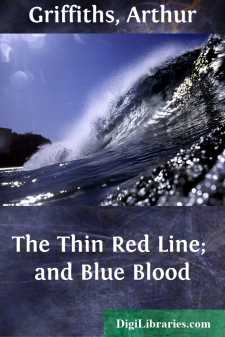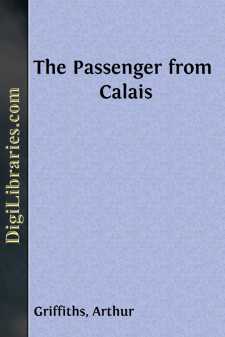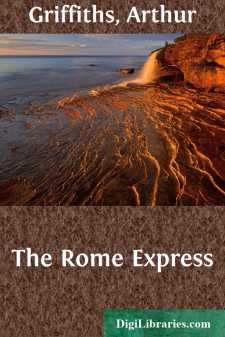Categories
- Antiques & Collectibles 13
- Architecture 36
- Art 48
- Bibles 22
- Biography & Autobiography 813
- Body, Mind & Spirit 142
- Business & Economics 28
- Children's Books 15
- Children's Fiction 12
- Computers 4
- Cooking 94
- Crafts & Hobbies 4
- Drama 346
- Education 46
- Family & Relationships 57
- Fiction 11828
- Games 19
- Gardening 17
- Health & Fitness 34
- History 1377
- House & Home 1
- Humor 147
- Juvenile Fiction 1873
- Juvenile Nonfiction 202
- Language Arts & Disciplines 88
- Law 16
- Literary Collections 686
- Literary Criticism 179
- Mathematics 13
- Medical 41
- Music 40
- Nature 179
- Non-Classifiable 1768
- Performing Arts 7
- Periodicals 1453
- Philosophy 64
- Photography 2
- Poetry 896
- Political Science 203
- Psychology 42
- Reference 154
- Religion 513
- Science 126
- Self-Help 84
- Social Science 81
- Sports & Recreation 34
- Study Aids 3
- Technology & Engineering 59
- Transportation 23
- Travel 463
- True Crime 29
The Thin Red Line; and Blue Blood
by: Arthur Griffiths
Description:
Excerpt
CHAPTER I.
THE COMMISSARY IS CALLED.
In the Paris of the first half of this century there was no darker, dingier, or more forbidding quarter than that which lay north of the Rue de Rivoli, round about the great central market, commonly called the Halles.
The worst part of it, perhaps, was the Rue Assiette d'Etain, or Tinplate Street. All day evil-looking loafers lounged about its doorways, nodding lazily to the passing workmen, who, blue-bloused, with silk cap on head, each with his loa under his arm, came to take their meals at the wine-shop at the corner; or gossiping with the porters, male and female, while the one followed closely his usual trade as a cobbler, and the other attended to her soup.
By day there was little traffic. Occasionally a long dray, on a gigantic pair of wheels, drawn by a long string of white Normandy horses in single file, with blue harness and jangling bells, filled up the roadway. Costermongers trundled their barrows along with strange, unmusical cries. Now and again an empty cab returning to its stable, with weary horse and semi-somnolent coachman, crawled through the street.
But at night it was otherwise. Many vehicles came dashing down Tinplate Street: carriages, public and private, of every variety, from the rattletrap cab hired off the stand, or the decent coach from the livery stable, to the smart spick-and-span brougham, with its well-appointed horses and servants in neat livery. They all set down at the same door, and took up from it at any hour between midnight and dawn, waiting patiently in file in the wide street round the corner, till the summons came as each carriage was required.
As seen in the daytime, there was nothing strange about the door, or the house to which it gave access. The place purported to be an hotel—a seedy, out-at-elbows, seemingly little-frequented hotel, rejoicing in the altogether inappropriate name of the Hôtel Paradis, or the Paradise Hotel. Its outward appearance was calculated to repel rather than invite customers; no one would be likely to lodge there who could go elsewhere. It had habitually a deserted look, with all its blinds and casements close shut, as though its lodgers slept through the day, or had gone away, never to return.
But this was only by day. At night the street-door stood wide open, and a porter was on duty at the foot of the staircase within. He was on the inner side of a stout oaken door, in which was a small window, opening with a trap. Through this he reconnoitred all arrivals, taking stock of their appearance, and only giving admission when satisfied as to what he saw.
The Hôtel Paradis, in plain English, was a gambling-house, largely patronised, yet with an evil reputation. It was well known to, and constantly watched by, the police, who were always at hand, although they seldom interfered with the hotel.
But when the porter's wife came shrieking into the street early one summer's morning, with wildest terror depicted in her face, and shaking like a jelly, the police felt bound to come to the front....




